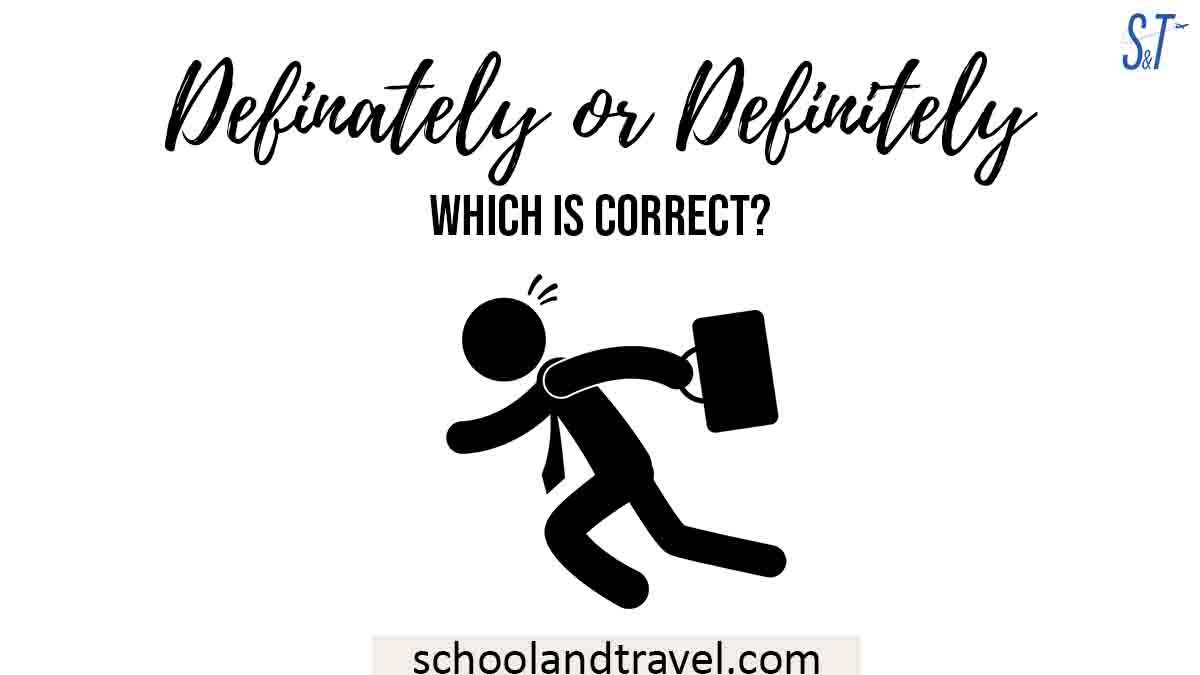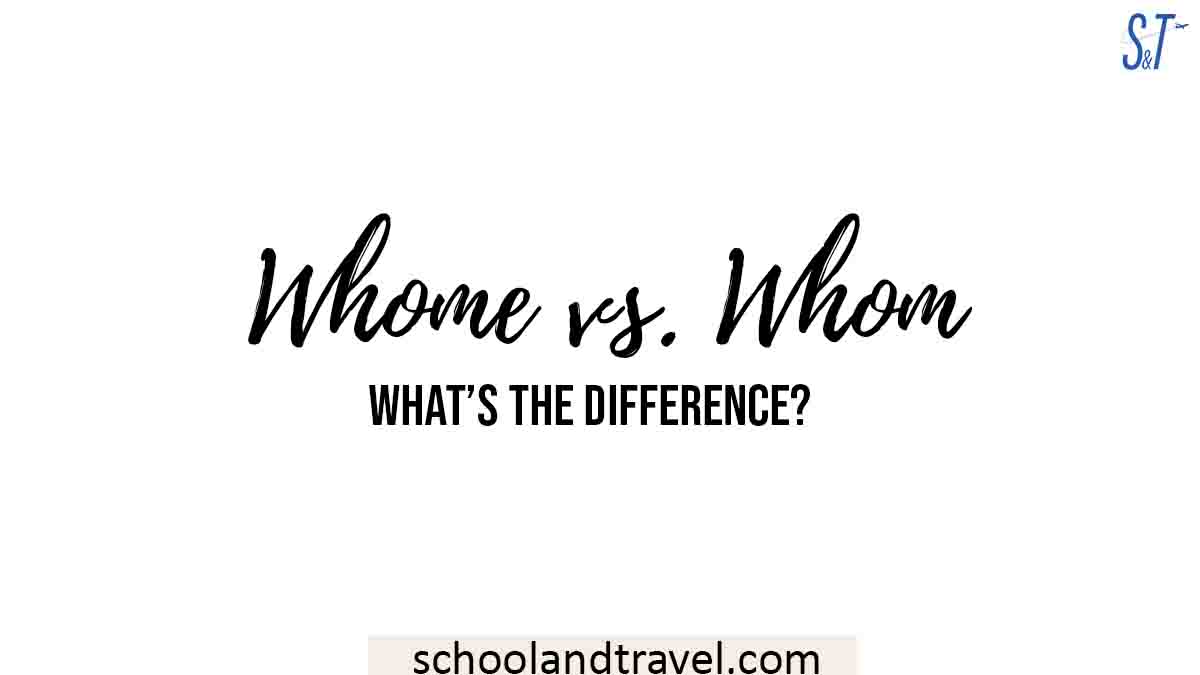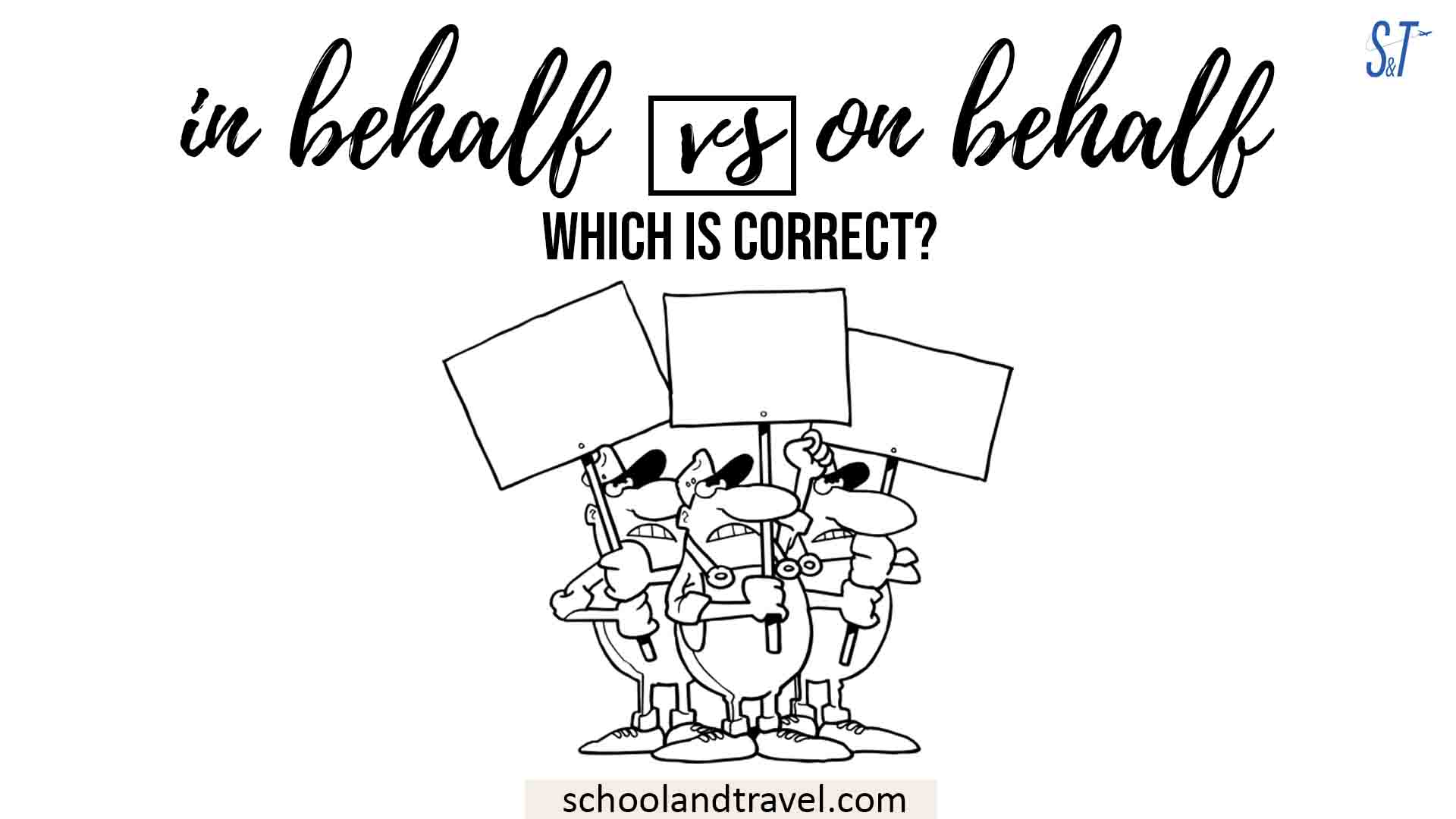The confusion between “Definately and Definitely” occurs because of the similarity in spelling and pronunciation.
“Definately” is the wrong word while “Definitely” is the correct word. Since the 16th century when these words were first adopted into usage, there have been discrepancies between dictionaries on which of them is correct.
This article will explain these two words and help you understand the difference between them.
Definately or Definitely
Meaning of Definately:
The Urban Dictionary regards “definately” as the ‘Idiot-speak for “definitely”. The mistake comes as a result of misplacing the “i” between the “n” and “t” with “a”. Sometimes it is an abrupt mistake due to the similarity in spelling and pronunciation.
Examples:
- I will definately end this course today. (incorrect)
- She must definately pay for that book whether she likes it or not. (incorrect)
- I must definately apply for that scholarship next year. (incorrect)
Read this: Freind vs. Friend – Which is Correct?
Definately or Definitely
Meaning of Definitely:
The root word of “Definitely” is “Definite”. The “ly” after the root word turns it into an adverb. However, definitely comes from the Latin word “definitus”, meaning Precise or definite.
“Definitely” means without resistance or question. The phonological transcription is |ˈdefɪnətlɪ|.
Examples:
- I will definitely find out about it.
- She must definitely explain the reason for that act.
- Definitely is often confused as “definately” because of the way it sounds.
Definately or Definitely
Antonymes and Synonymes:
The antonyms of definitely include:
- Indefinitely
- Perhaps
- Doubtfully
- Possibly
The synonyms of definitely include:
- Clearly
- Easily
- Alright
- Doubtless
Final tips:
Another word that is often confused as “definitely” is Defiantly. Unlike “definately”, this word exists in the English dictionary, meaning “a strong opposition against a force” but is often confused with the ideal word.
The best way to identify the correct word is to look at the root word “Definite”, then add the suffix “ly” to create the new word.
Awesome one; I hope this article answered your question.
Related articles:
- Content Writer vs. Copywriter (Meaning, Roles, Differences, FAQs)
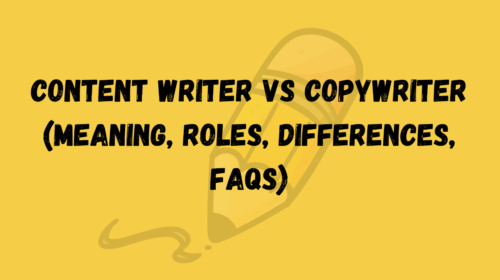 Content writing and copywriting are terms you can come across in the writing industry. While they both sound similar, they are quite different. This post will examine what roles involve and how they differ. Content Writer…
Content writing and copywriting are terms you can come across in the writing industry. While they both sound similar, they are quite different. This post will examine what roles involve and how they differ. Content Writer… - Excel vs. Accel – Which is correct?
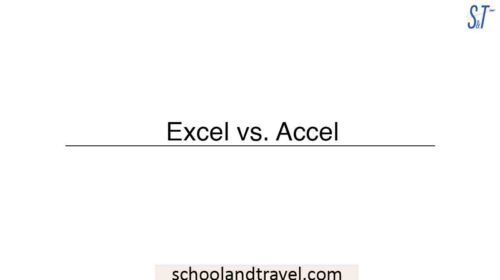 Both Excel and Accel are correct in different contexts despite their similar spelling and sound. While these verbs belong to the same category, they are very different. To avoid confusion, it’s vital to identify the two.…
Both Excel and Accel are correct in different contexts despite their similar spelling and sound. While these verbs belong to the same category, they are very different. To avoid confusion, it’s vital to identify the two.… - Habit vs. Hobby (Difference, Similarities, FAQs)
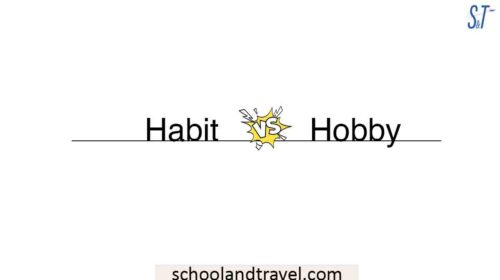 Habit vs. Hobby: This can be confusing, but it’s not impossible to tell the difference between hobbies and habits because both refer to anything that is done daily. Frequent, enjoyable activity is what we call a…
Habit vs. Hobby: This can be confusing, but it’s not impossible to tell the difference between hobbies and habits because both refer to anything that is done daily. Frequent, enjoyable activity is what we call a… - exd vs. edX – What’s the difference?
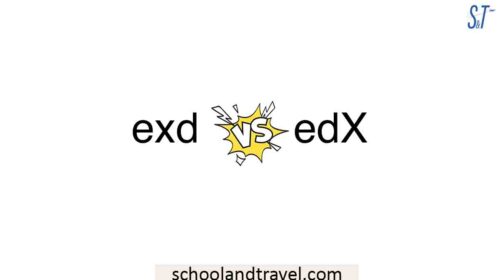 exd and edX are often misplaced with each other because of the similarity in spelling. The only difference between the words is the differences in the placement of “d” and “X”. This article will explain these…
exd and edX are often misplaced with each other because of the similarity in spelling. The only difference between the words is the differences in the placement of “d” and “X”. This article will explain these… - Plagiarism vs. Paraphrasing: What’s the Difference?
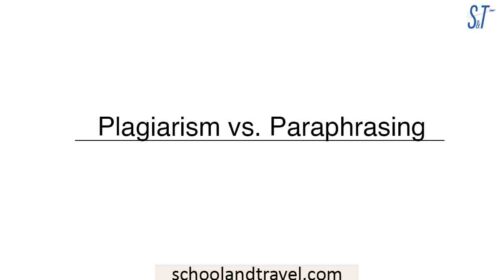 Suppose you are new to the writing profession. You need to know the difference between plagiarism and paraphrasing in this case. Both of these terms are pretty confusing, and some of you might even think of…
Suppose you are new to the writing profession. You need to know the difference between plagiarism and paraphrasing in this case. Both of these terms are pretty confusing, and some of you might even think of…
Share this Information.
